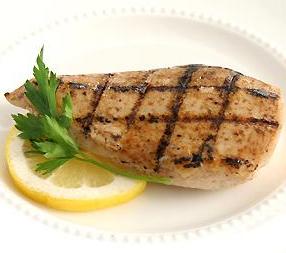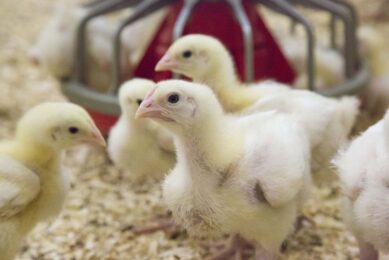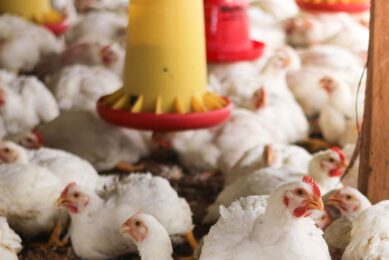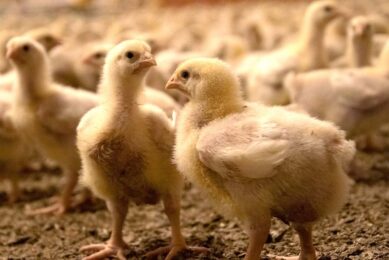Arsenic compound in chicken affecting Americans

Most people in the US are unaware that the chicken they eat is laced with an arsenic compound known as roxarsone, reports the Washington Post.
In the US, most major poultry producers add roxarsone to their chicken feed. Inorganic arsenic is a Class A carcinogen that has been linked to heart disease, diabetes and declines in brain function, reports the Washington Post.
The poultry industry has been using the feed additive roxarsone — purportedly to fight parasites and increase growth in chickens — since the Food and Drug Administration approved it in 1944. Apparently the arsenic additive promotes the growth of blood vessels in chicken, which makes the meat appear pinker and more attractive in its plastic wrap at the grocery store, but does little else. The arsenic additive does the same in human cells, fueling a growth process known as angiogenesis, a critical first step in many human diseases such as cancer.
The arsenic additive also presents health risks to farmers who work with the chemical or fertilizers. Chicken growers have reported illness from contact with roxarsone while preparing feed. Because most smaller growers rely on contracts with larger chicken producers that mandate the use of arsenic in chicken feed, the smaller growers are often unable to avoid the health risks associated with roxarsone.
In 1999, recognizing that any level of inorganic arsenic in human food and water is unacceptable, the EU outlawed its use in chicken feed. Reportedly, several American chicken producers, including Tyson Foods and Perdue Farms, have acted responsibly by discontinuing the use of roxarsone in their animals. Other growers have turned to “organically fed” chicken operations. Nevertheless, as recently as 2006, 70% of the more than 9 billion broiler chickens produced annually in the US were fed roxarsone, reports state.
Source: The Washington Post
Join 31,000+ subscribers
Subscribe to our newsletter to stay updated about all the need-to-know content in the poultry sector, three times a week. Beheer
Beheer








 WP Admin
WP Admin  Bewerk bericht
Bewerk bericht